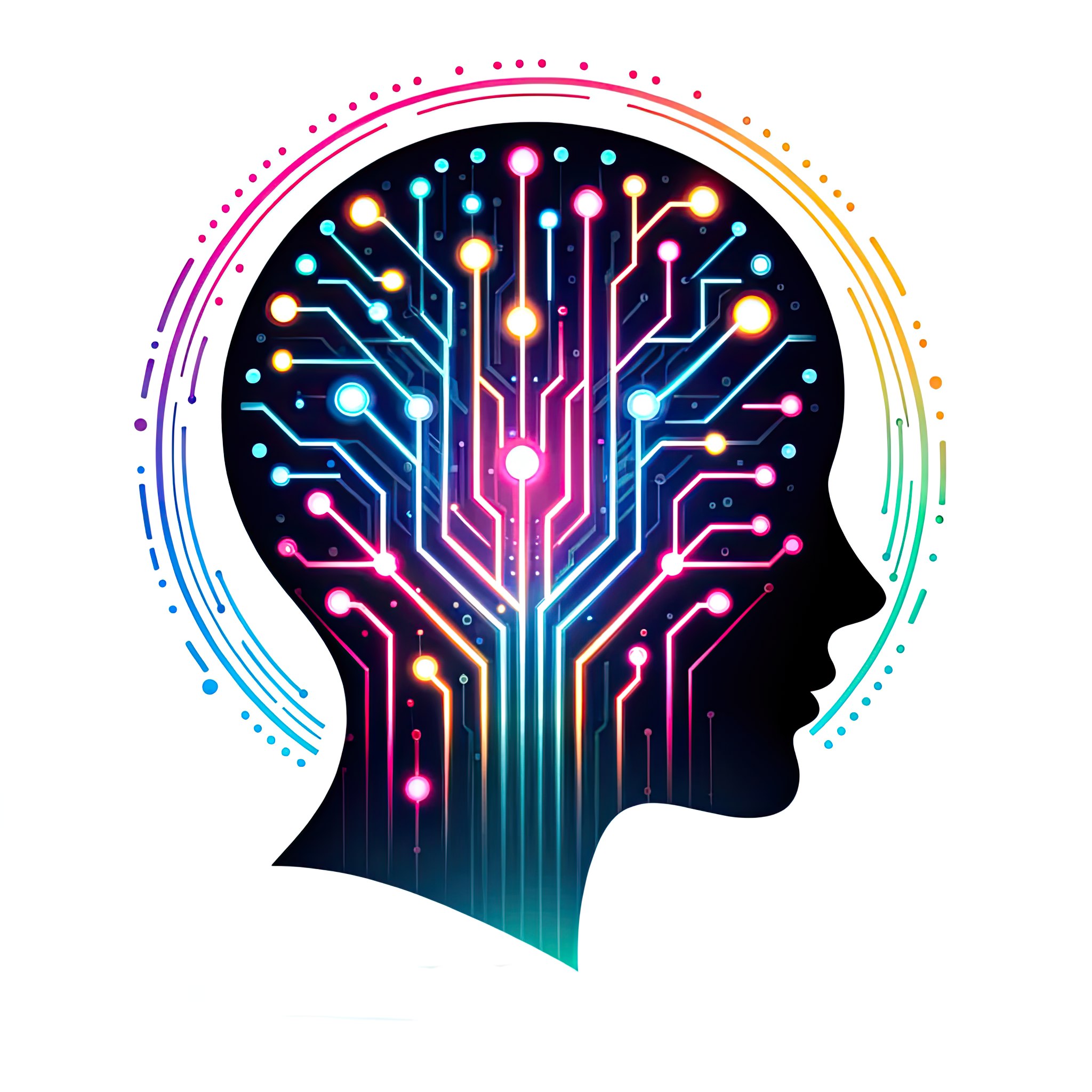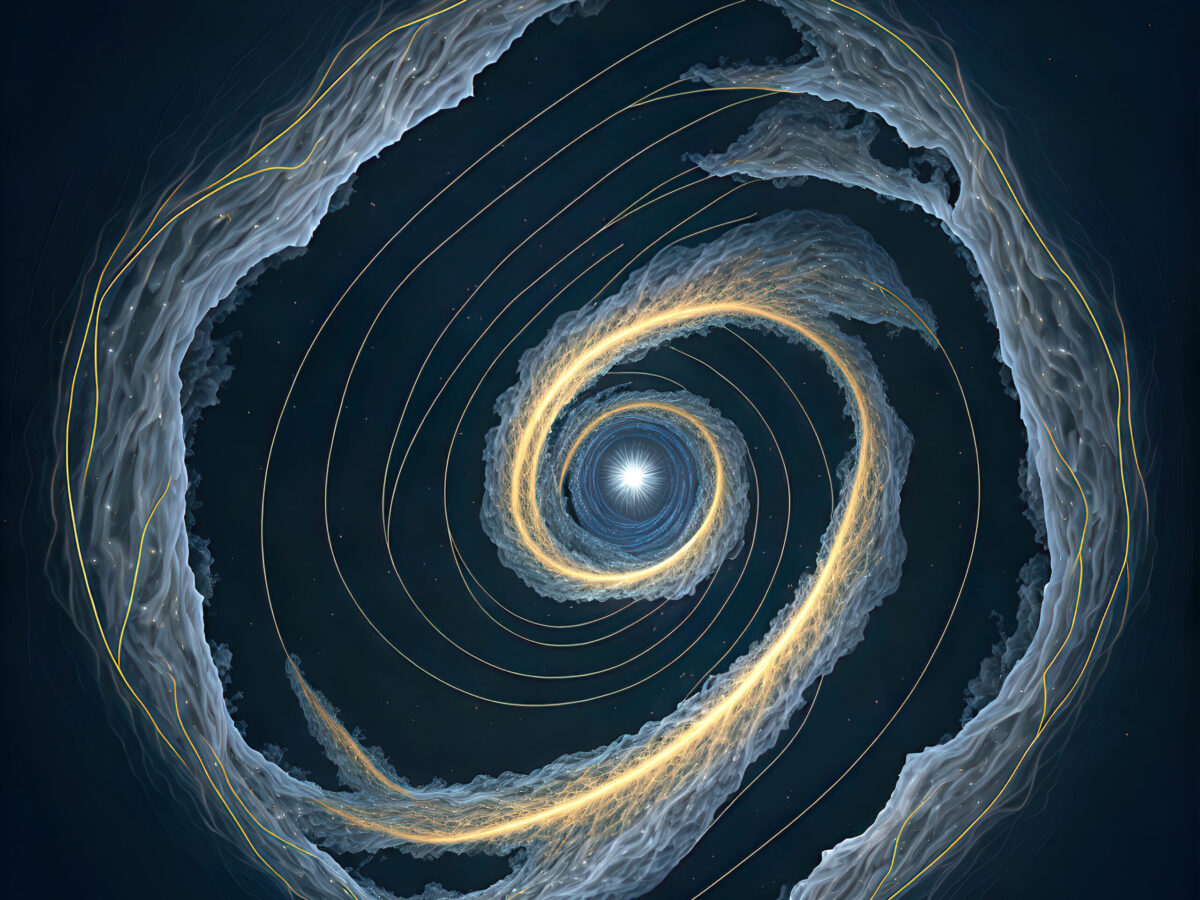Introduction
Time travel has been a captivating subject in science fiction, sparking the imagination of generations with its tantalizing prospects and paradoxes. While the concept has been extensively explored in literature and movies, time travel remains a topic of intense debate and speculation among scientists. This article aims to provide a detailed exploration of the scientific basis for time travel, delving into the theories, physics, and potential technological advancements that could make such journeys possible.
The Physics of Time
To understand the scientific basis for time travel, it is essential to comprehend the nature of time itself. In classical physics, time was considered an absolute and independent entity that flowed uniformly throughout the universe. However, this perception was challenged by Albert Einstein’s theory of relativity, which demonstrated that time is relative and dependent on the observer’s velocity and position within a gravitational field.
1.1. Special Relativity and Time Dilation
Einstein’s special theory of relativity, published in 1905, proposed that the laws of physics are identical for all observers in uniform motion relative to one another. This theory introduced the concept of time dilation, which states that time passes more slowly for objects moving at significant fractions of the speed of light. As a result, if an astronaut were to embark on a high-speed journey through space and return to Earth, they would find that less time had passed for them compared to those who remained on the planet.
1.2. General Relativity and Gravitational Time Dilation
Einstein’s general theory of relativity, developed in 1915, extended the principles of special relativity to include gravity. According to this theory, massive objects like planets and stars warp the fabric of spacetime around them, causing time to pass more slowly in their vicinity. This phenomenon, known as gravitational time dilation, has been experimentally verified through atomic clocks placed in different gravitational environments.
2. Theoretical Models of Time Travel
Several theoretical models based on the principles of relativity suggest that time travel might be possible under specific conditions.
2.1. Wormholes
Wormholes, also known as “Einstein-Rosen bridges,” are hypothetical structures that connect two separate points in spacetime. Mathematically predicted by general relativity, wormholes could potentially provide shortcuts for interstellar travel or even journeys through time. However, the existence of wormholes remains purely theoretical, and many physicists believe that they may be unstable or collapse upon the introduction of matter.
2.2. Closed Timelike Curves
Closed timelike curves (CTCs) are hypothetical trajectories in spacetime that loop back on themselves, allowing objects to return to their past. Theoretical physicist Kurt Gödel first proposed the existence of CTCs in 1949, using the principles of general relativity. Although the notion of CTCs has not been disproven, their existence raises complex issues related to causality and temporal paradoxes.
3. Time Travel Paradoxes
The possibility of time travel introduces a host of paradoxes, which have perplexed scientists and philosophers alike.
3.1. The Grandfather Paradox
The grandfather paradox questions the logical consistency of time travel by posing the following scenario: If a person were to travel back in time and prevent their grandfather from meeting their grandmother, they would never be born. Yet, if they were never born, how could they have traveled back in time in the first place?
3.2. The Bootstrap Paradox
The bootstrap paradox involves a self-creating object or piece of information, which exists without any discernible origin. For example, if a time traveler brings a book back in time and gives it to a younger version of its author, who then publishes it without changing a word, where did the content of the book originate? The bootstrap paradox raises questions about causality and the nature of time itself content of the book originate? The bootstrap paradox raises questions about causality and the nature of time itself.
4. Potential Technological Advances
While the idea of time travel remains theoretical, some potential technological advances could bring us closer to understanding or even achieving it.
4.1. The Alcubierre Warp Drive
Proposed by Mexican physicist Miguel Alcubierre in 1994, the Alcubierre Warp Drive is a speculative concept for faster-than-light travel. The idea involves creating a bubble of spacetime that contracts space in front of a spacecraft and expands it behind, effectively allowing the vehicle to “surf” through spacetime. While the Alcubierre Warp Drive is not explicitly a time travel device, its implications for bending spacetime could have potential applications in future time travel research.
4.2. Experiments with Time Crystals
Time crystals are a recently discovered state of matter that exhibits a periodic structure in both space and time. Although the practical applications of time crystals are still largely unknown, they could potentially be used to create stable environments for quantum computing or even shed light on the fundamental nature of time, potentially providing new insights into time travel.
5. Ethical and Philosophical Considerations
The prospect of time travel raises several ethical and philosophical questions that warrant careful consideration.
5.1. The Butterfly Effect
The butterfly effect is a concept from chaos theory, which suggests that small changes in initial conditions can lead to significant differences in outcomes. Applied to time travel, this idea raises concerns about the potentially far-reaching consequences of altering the past, even in seemingly minor ways.
5.2. Temporal Responsibility
If time travel were possible, individuals who embark on such journeys would have to grapple with the concept of temporal responsibility. What obligations would time travelers have to the past, the future, and the timeline they alter? The answers to these questions would have profound implications for our understanding of ethics, morality, and causality.
Conclusion
While the scientific basis for time travel is rooted in well-established theories such as special and general relativity, many aspects of the concept remain speculative and hypothetical. Theoretical constructs like wormholes, closed timelike curves, and time dilation offer tantalizing glimpses into the possibilities of time travel. However, the paradoxes and ethical considerations associated with the idea highlight the complexity of this fascinating subject.
As our understanding of the universe and its underlying physics continues to evolve, so too will our ability to explore the scientific foundations of time travel. Whether time travel will ever become a reality remains uncertain, but it will undoubtedly continue to captivate our imagination and inspire future research.
All images and all text in this blog were created by artificial intelligences

